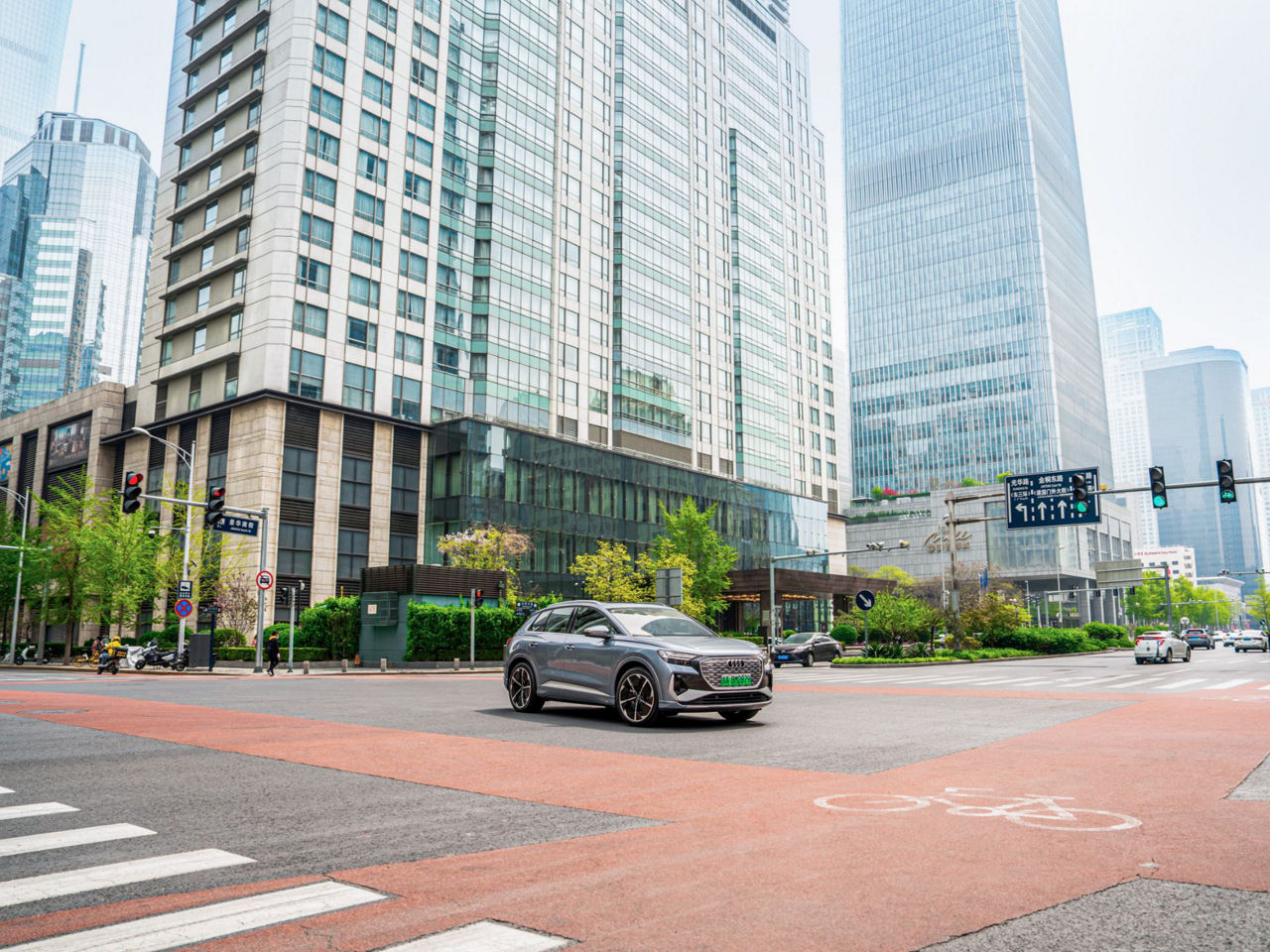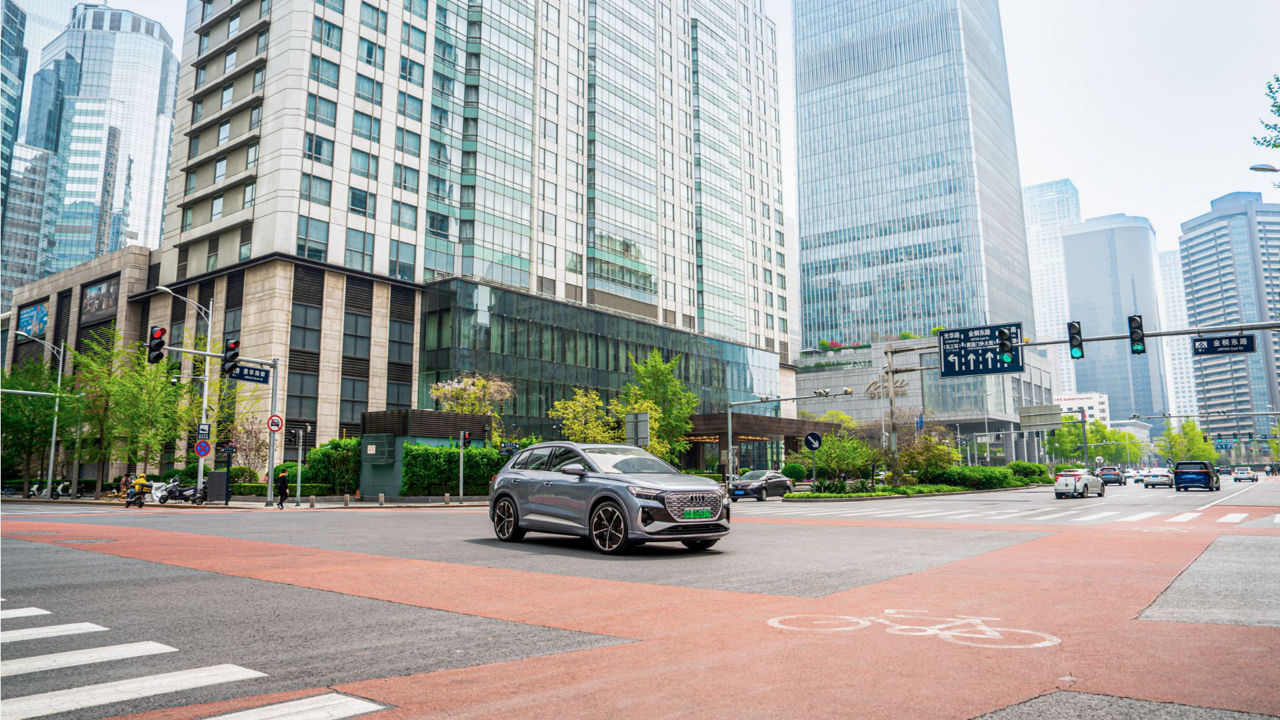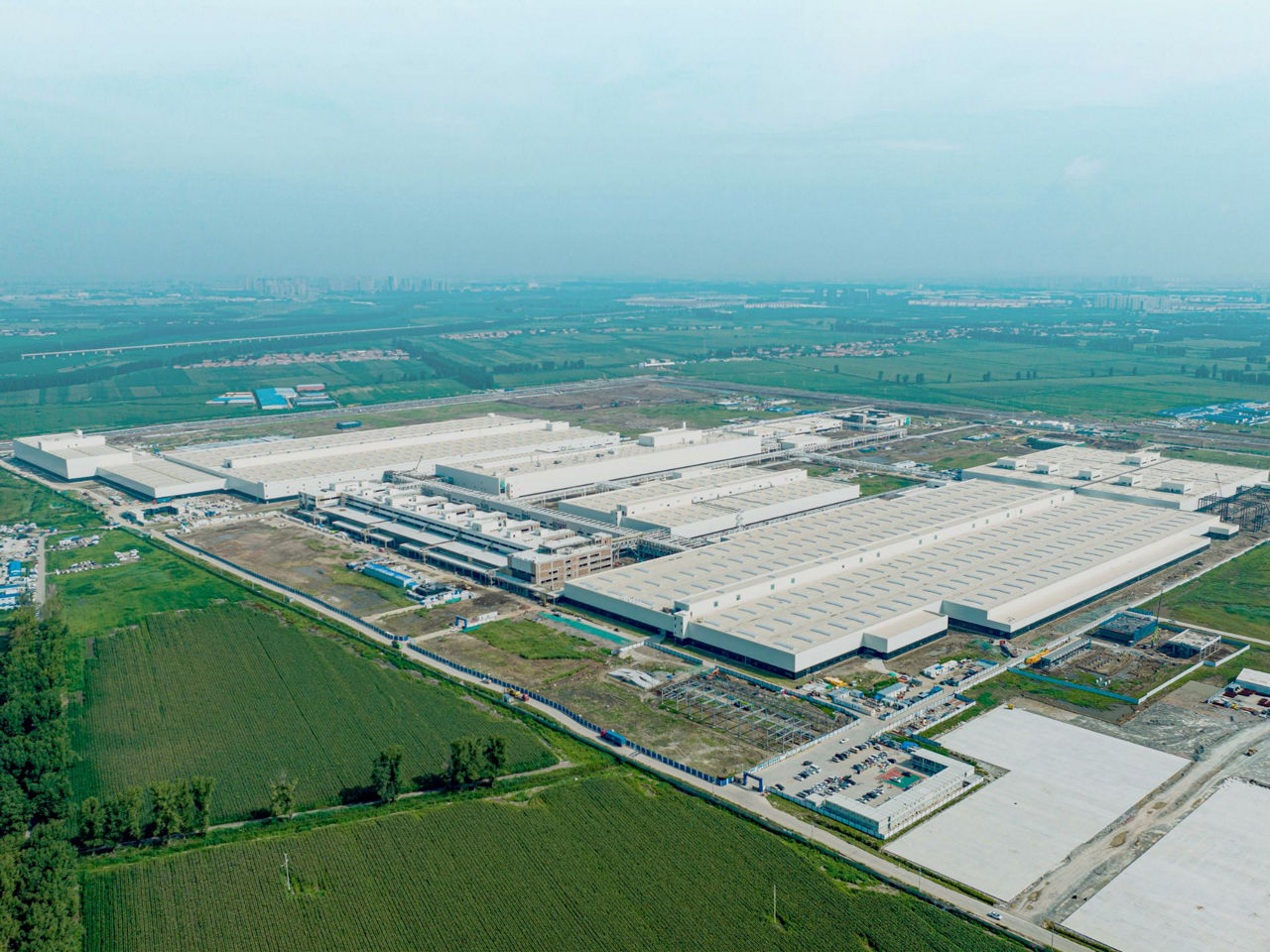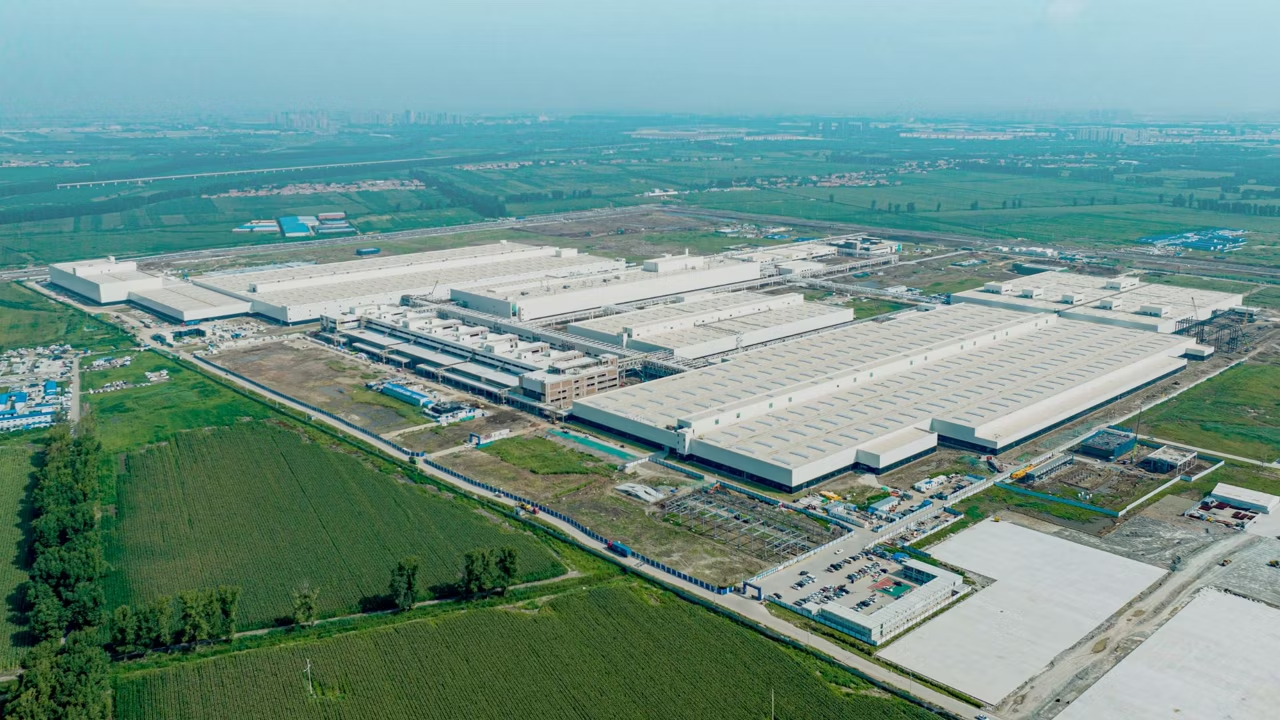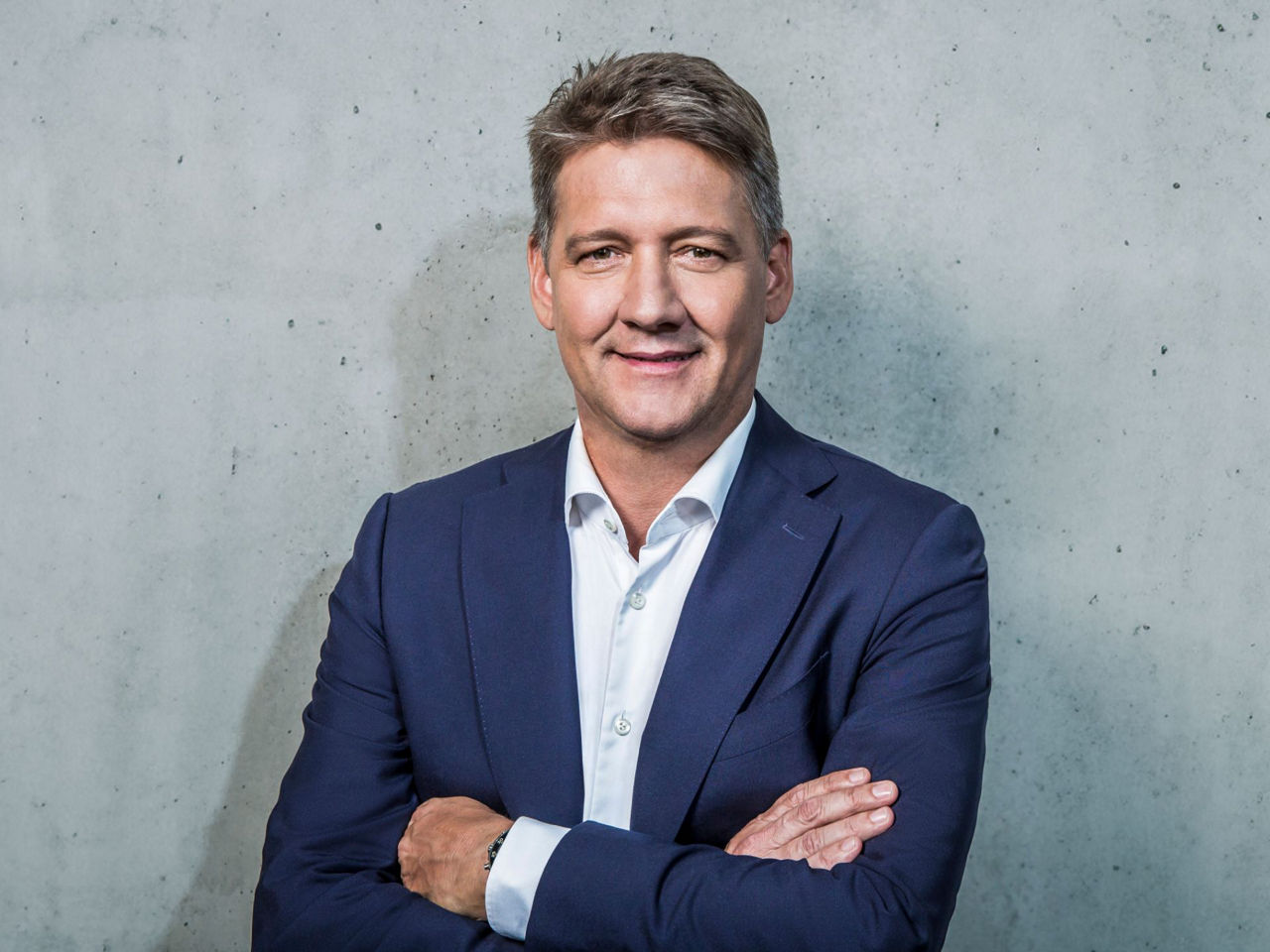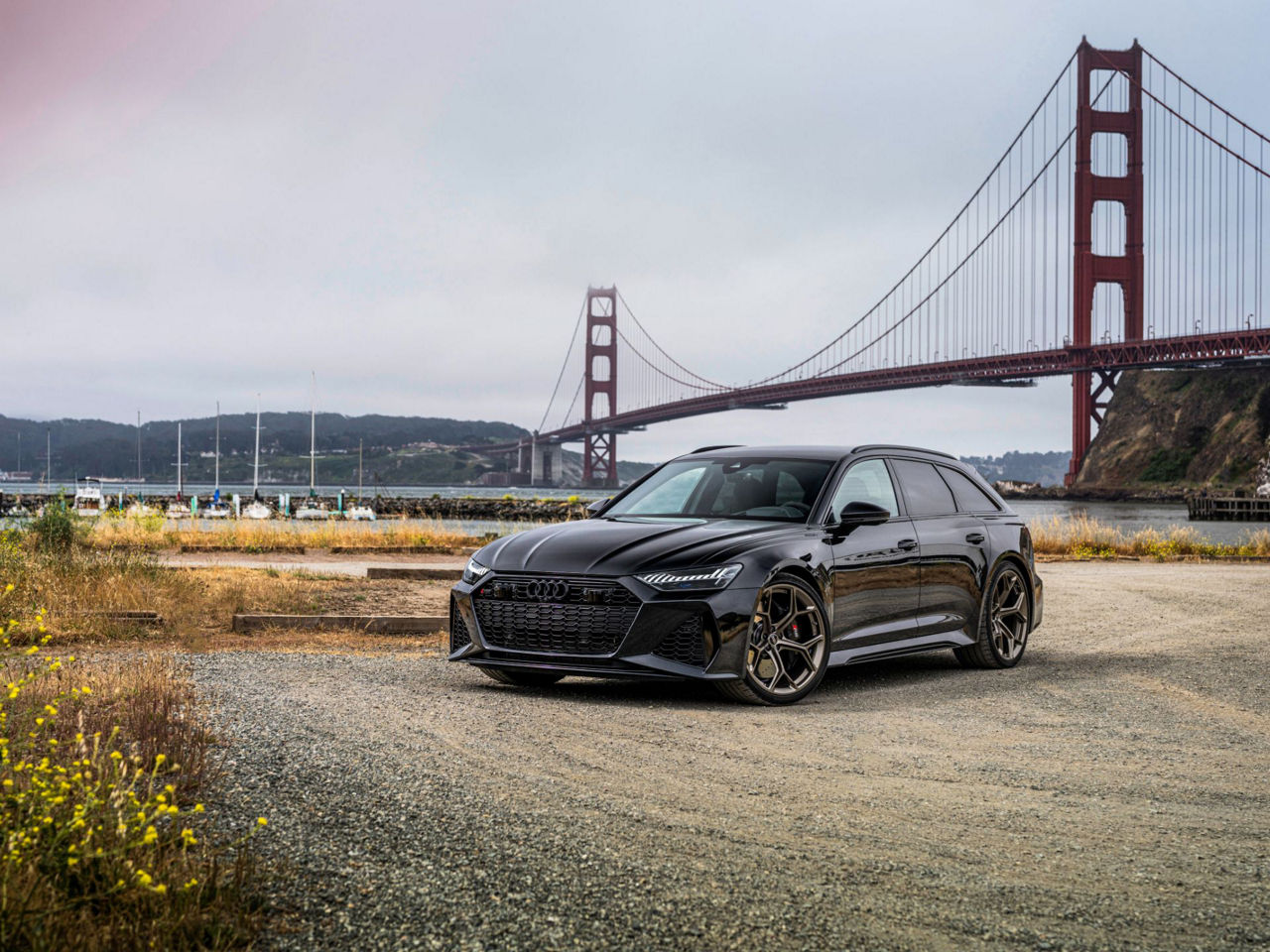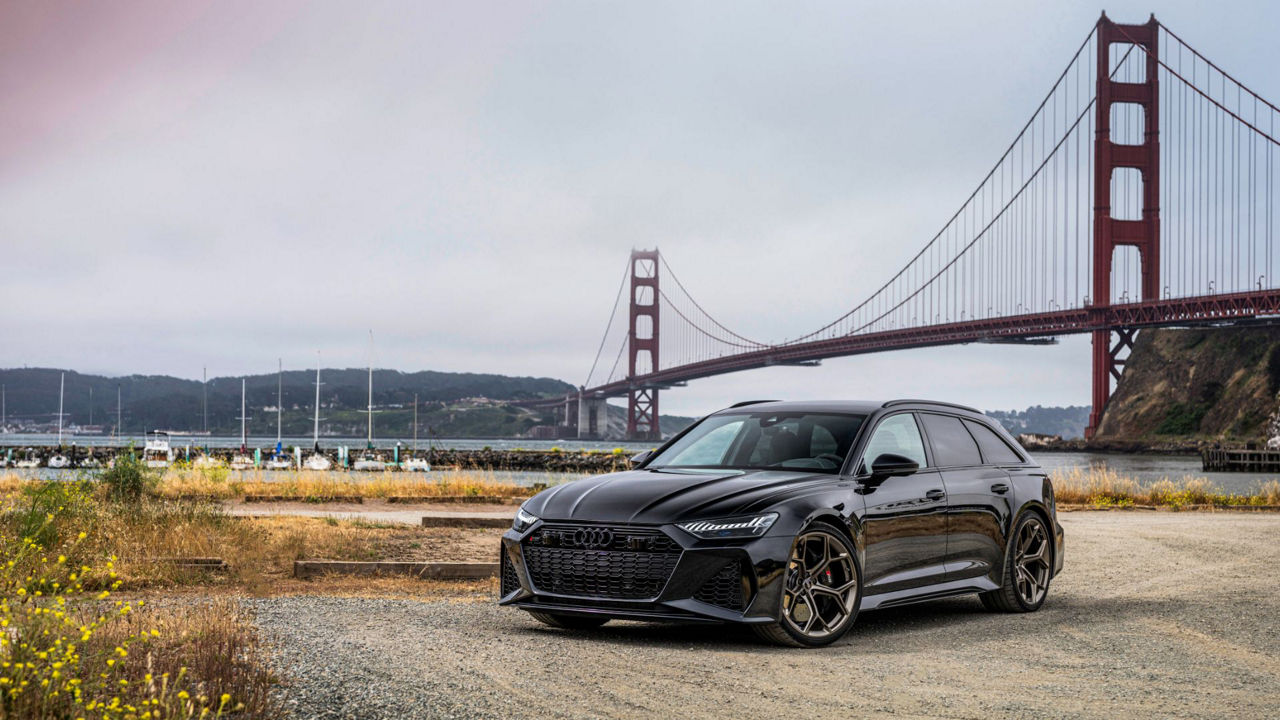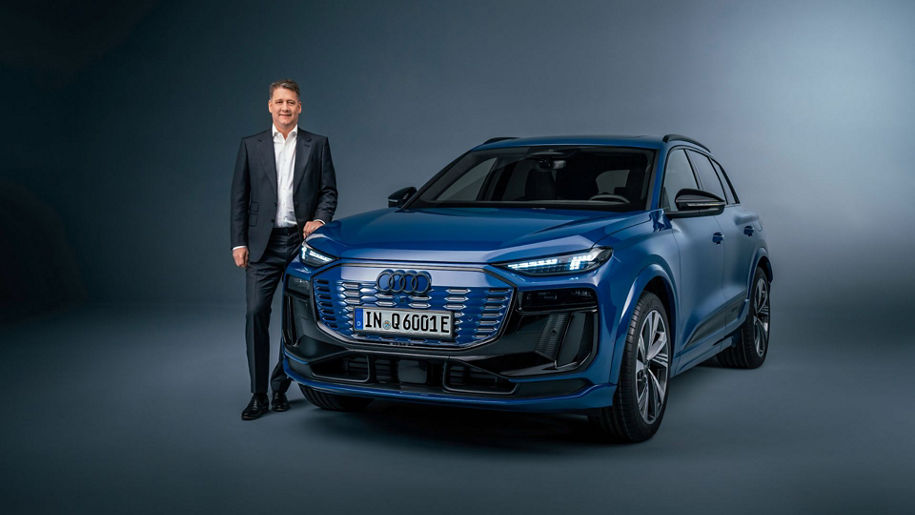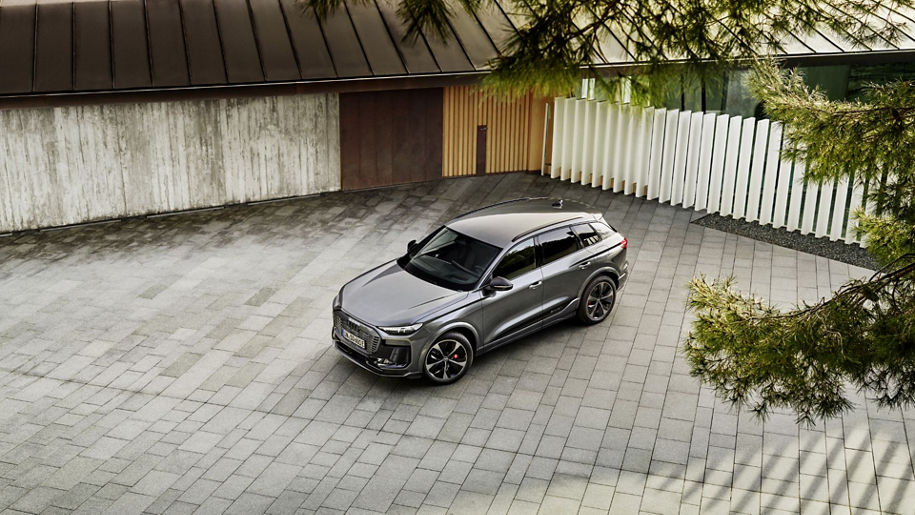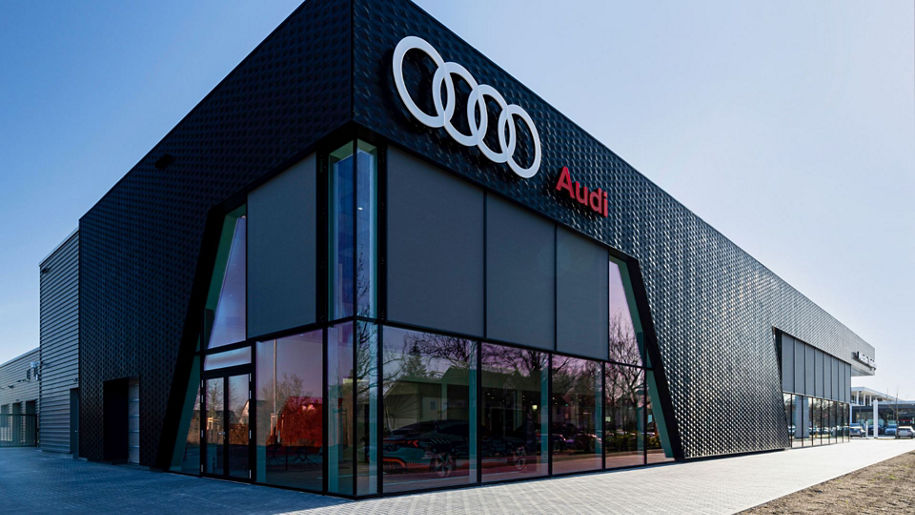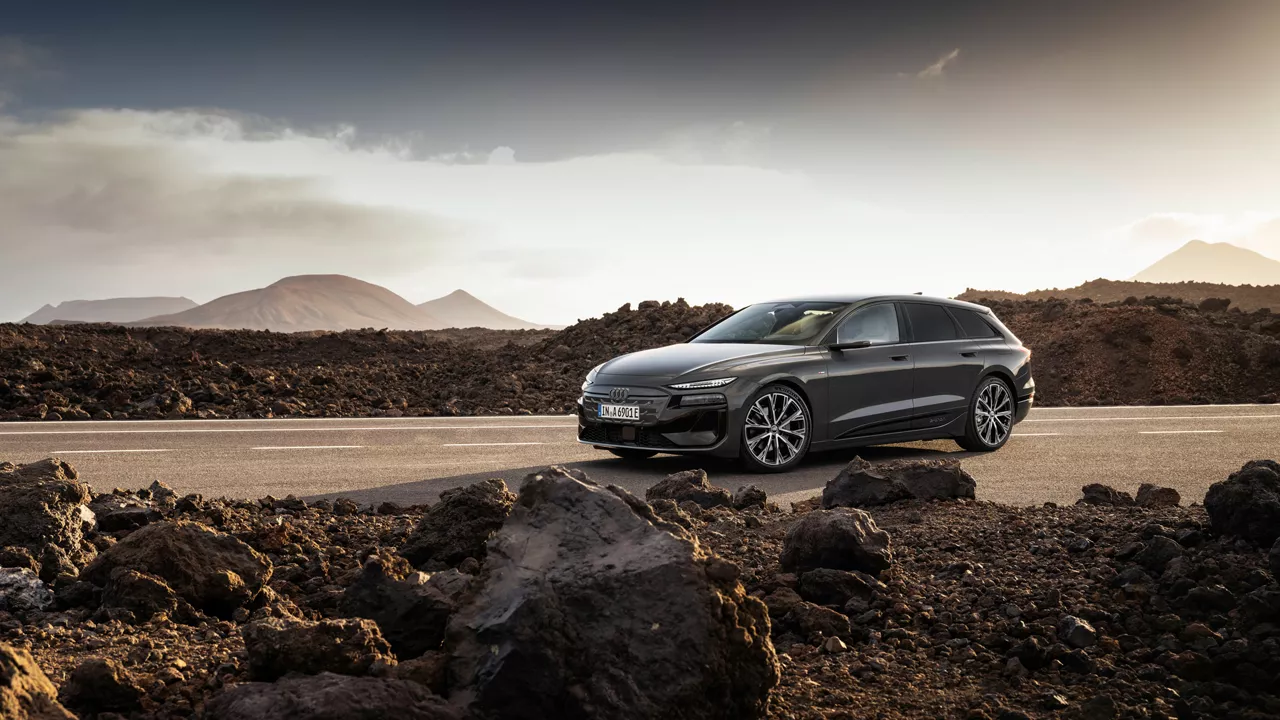While these are impressive figures, a comparison with the regions of Europe and China as well as a look at the competition clearly shows that Audi has by no means exhausted its potential in the USA and North America. “We want to strengthen North America as a third pillar alongside Europe and China – and in doing so also become more robust globally,” says Döllner.
The most important lever for this is an attractive product range that is tailored to the needs of the market. Referring to the numerous model launches in 2024 and 2025, Döllner says: “We are strengthening and rejuvenating our portfolio substantially, and that will also give us a boost in North America.” New electric models will play a key role, starting with the Audi Q6 e‑tron and the Audi A6 e-tron.
In addition, there will be new, highly efficient combustion engine models and plug-in hybrids based on the Premium Platform Combustion (PPC), including the new Audi Q5, whose third generation will be launched on markets from 2024. Its predecessor, produced at the San José Chiapa plant in Mexico since 2016, rolled off the production line some 175,000 times in 2023. Almost half of these vehicles were sold directly in the USA, making the premium SUV the most popular Audi model on the market in the year under review.
The Audi production facility in Mexico is thus an excellent example of successful localization: producing close to the end customer ensures lower costs for logistics, less currency fluctuation and more resilience – an increasingly important factor, especially against the backdrop of geopolitical crises and fragile global supply chains. There are also advantages in terms of customs duties: together with the USA and Canada, Mexico forms a North American free trade zone (USMCA: United States-Mexico-Canada Agreement).
“We’re underscoring our commitment to the region of North America and are currently looking into further localization options,” explains Döllner, referring to the potential for cooperation as part of the Volkswagen Group’s North America strategy – also in areas such as battery production and charging infrastructure. “The switch to BEVs presents a unique opportunity in North America,” says Döllner. And this opportunity must be seized systematically. “We’re working intensively to set the right strategic course in order to maximize our market penetration.”
